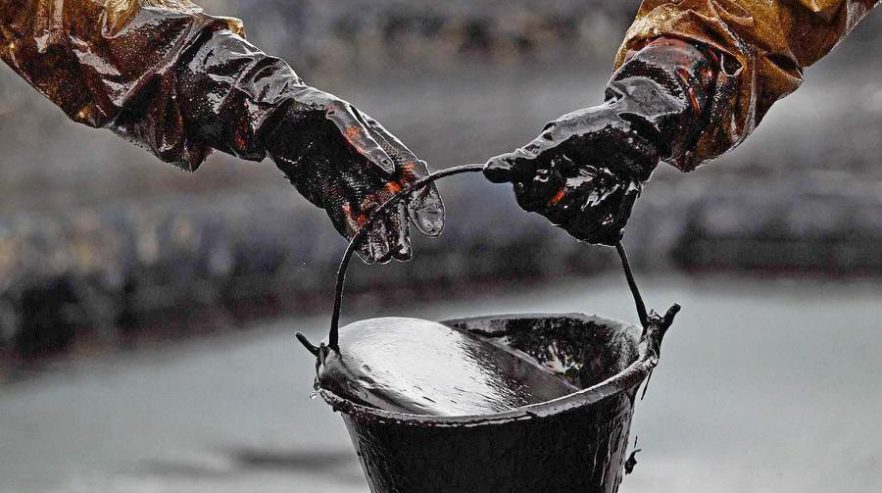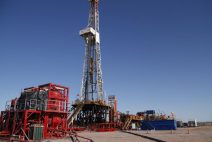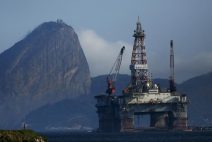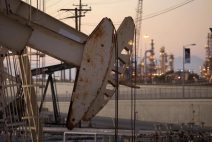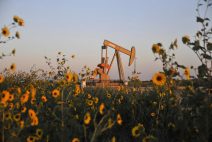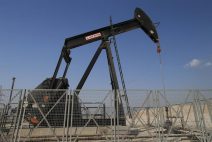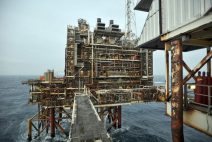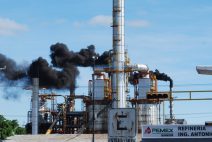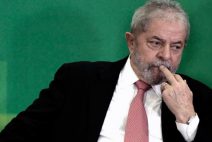The top Arab energy ministers of OPEC arrived in Doha to participate in the 12th Arab Energy Conference, as countries face off at the COP28 UN climate summit over a potential agreement to phase out fossil fuels gradually.
The OPEC Secretary-General, Haitham al-Ghais, in a letter dated December 6 and seen by Reuters, urged OPEC members to reject any COP28 agreement targeting fossil fuels rather than emissions.
OPEC countries possess around 80% of the world's proven oil reserves, mostly concentrated among Middle East members.
For most of these countries, oil revenues are a primary source of income, making any message from COP28 aimed at cutting demand for oil and gas a matter of survival.
Ministers from Iraq, Kuwait, Algeria, Libya, and Oman attended the energy meeting, as well as Saudi Arabia's Energy Minister, Prince Abdulaziz bin Salman, who had been in Dubai to attend the UN climate summit.
The Energy Minister of the United Arab Emirates, Suhail Mohamed al-Mazrouei, was absent.
The United Arab Emirates, the second Arab country to host the climate summit after Egypt in 2022 and an OPEC member, has joined other Gulf energy producers in calling for a more realistic energy transition, where fossil fuels maintain a role in ensuring energy supply as industries decarbonize.
Sultan al-Jaber, the head of the UAE state oil giant ADNOC, is the president of COP28 and has maintained that a gradual reduction of fossil fuels is inevitable and essential, but as part of a transition that considers the circumstances of each country and region.
Saudi Arabia, the de facto leader of OPEC, and its main ally, Russia, are among the countries insisting that the COP28 conference in Dubai focuses on emissions rather than the fossil fuels causing them, according to observers of the negotiations.
Qatar, which left OPEC in 2018 but whose position aligns closely with other oil and gas-producing nations, said it had invested tens of billions of dollars in its LNG industry, despite doubts about the viability of such investments.
"Our decision at that time was based on a realistic understanding of market fundamentals and efforts to reduce global carbon emissions," said Saad al-Kaabi, the head of Qatar's state energy company, at the conference.
